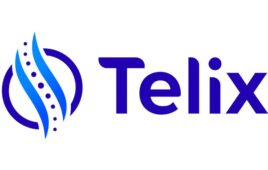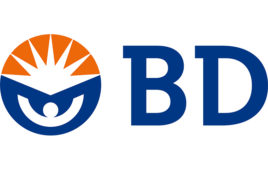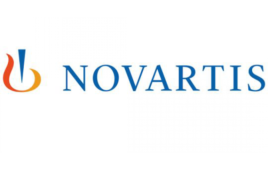
Academy of Managed Care Pharmacy (AMCP) Partnership Forum attendees create action plans to advance value-based contracting.
Diverse stakeholders representing managed care pharmacy, provider groups, integrated delivery systems and the biopharmaceutical industry last week developed key strategies to enable the expansion of “value-based contracting.”
The Academy of Managed Care Pharmacy (AMCP) Partnership Forum, Advancing Value-Based Contracting, held June 20-21, resulted in important consensus on addressing the operational, legal, and regulatory changes needed to fully leverage this new payment system for health care.
Value-based contracting is a model that moves away from payments based solely on fee-for-service and towards payments based on pre-approved criteria aimed at improving patient outcomes and ensuring appropriate use of health care resources.
The White House reportedly is expected to issue an executive order on pharmaceutical pricing that will encourage the use of value-based contracts. AMCP is taking a leadership role in ensuring that all stakeholders who have a role in patient outcomes will be able to support and/or implement the model.
“In this era of uncertainty and debate over the future of our health care system, one area of agreement is that we must adopt models to pay for products and services based on how well they perform,” AMCP CEO Susan Cantrell, RPh, CAE said. “I am proud that AMCP is at the forefront of this effort. We don’t have 10 years to build new processes and systems to move toward value-based care, we must drive these changes today.”
The forum was attended by more than 30 national and regional health care leaders representing health plans, integrated delivery systems, pharmacy benefit managers, data and analytics experts, and biopharmaceutical companies.
Participants considered topics such as defining value-based contracting; understanding performance metrics and measures for value; developing solutions for patient management-related hurdles; identifying therapeutic areas that represent “early adoption” opportunities; and addressing legal and regulatory changes that would drive the adoption of these contracts, including those related to anti-kickback laws and Medicaid best price requirements.
Forum recommendations will be published in the fourth quarter 2017 in AMCP’s Journal of Managed Care and Specialty Pharmacy and presented during a webinar in October.
The following companies were represented by forum participants: Aetna; Amgen; AstraZeneca; Blue Cross Blue Shield Association; BluePeak Advisors; Bristol-Myers Squibb; CareFirst BlueCross BlueShield; Deloitte Consulting; DLA Piper; Dymaxium; Eli Lilly and Company; Essentia Health; Evolent Health; Harvard Pilgrim Health Care; Healthagen Outcomes, Division of Aetna; Heritage Provider Network; Kaiser Foundation Hospitals; JCL Communications, LLC; Novo Nordisk; Magellan Rx Management; Massachusetts General Hospital; Merck & Co.; Milliman; National Health Council; National Pharmaceutical Council; Network for Excellence in Health Innovation; Predictive Health; Premier Inc.; Pharmaceutical Research and Manufacturers of America (PhRMA); Prime Therapeutics; PriorityHealth; Regeneron; RxAnte; Schlaifer and Associates, LLC; Takeda; The Ohio State University; University of Utah College; Venable, LLP; Xcenda.
The moderator for the event was Susan Winckler, President of consulting firm Leavitt Partners and former chief of staff of the Food and Drug Administration. The event was supported by Amgen, Bristol-Myers Squibb, Eli Lilly and Company, Merck, the National Pharmaceutical Council, Novo Nordisk, Premier, the Pharmaceutical Research and Manufacturers of America, RxAnte, Takeda, and Xcenda.
The Academy of Managed Care Pharmacy (AMCP) is a professional association dedicated to increasing patient access to affordable medicines, improving health outcomes, and ensuring the wise use of health care dollars. Through evidence- and value-based strategies and practices, the Academy’s 8,000 pharmacists, physicians, nurses and other practitioners manage medication therapies for the 270 million Americans served by health plans, pharmacy benefit management firms, emerging care models and government.
(Source: PR Newswire)




